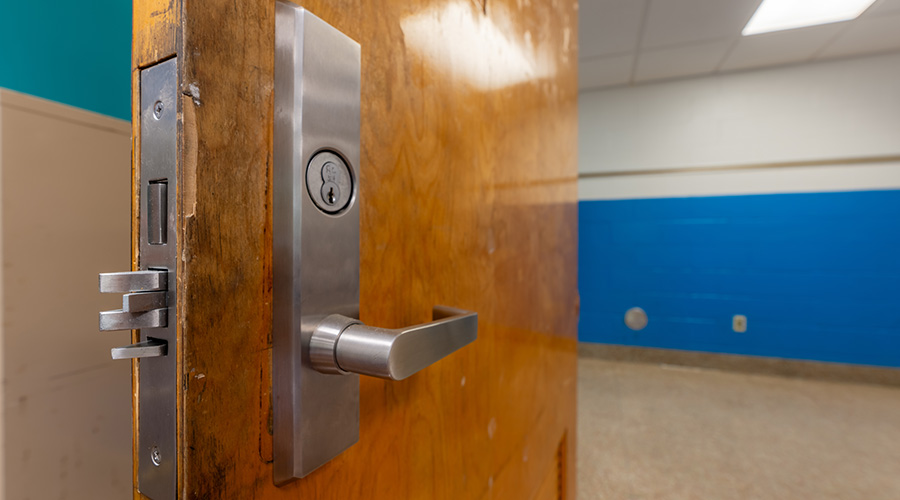Water Treatment Demand Planning and Ongoing Attention
March 8, 2011
Today's tip comes from James Piper, contributing editor for Building Operating Management: Water treatment programs require careful planning and ongoing attention if they are to provide the benefits that they are capable of providing.
Experienced facility managers realize the importance of water treatment programs for HVAC systems. Although water treatment programs are unglamorous, they help ensure that HVAC systems operate at peak efficiency by keeping heat transfer surfaces clean and free of scale. They also help to maximize the life of the equipment and enhance safety, protecting both staff and equipment.
Water treatment might seem to be nothing more than adding chemicals to water. But in reality effective water treatment must be part of a program.
For example, water treatment efforts will require installation of specialized equipment, generally including chemical feeders, monitoring sensors and sampling ports. Once this equipment has been installed, it should be monitored. Water samples must be taken and analyzed, typically weekly, to determine the contaminants that are present in the water and their concentrations. And adjustments will have to be made in the program to match changing water conditions.
Facilities have the option of implementing the program in-house or contracting all or part of the program out to firms that specialize in water treatment. If in-house personnel are used, it is essential that they be fully trained in all of the procedures involved in the water treatment program, including the safe handling of chemicals used in the program. If the program is contracted out, it is important that a qualified contractor be selected, one that is experienced in working with systems similar to the ones in the facility. Regardless of the method of implementation, the staff responsible for water treatment should be monitored and supported by the facility manager to ensure that proper procedures are being followed.
Next
Read next on FacilitiesNet







